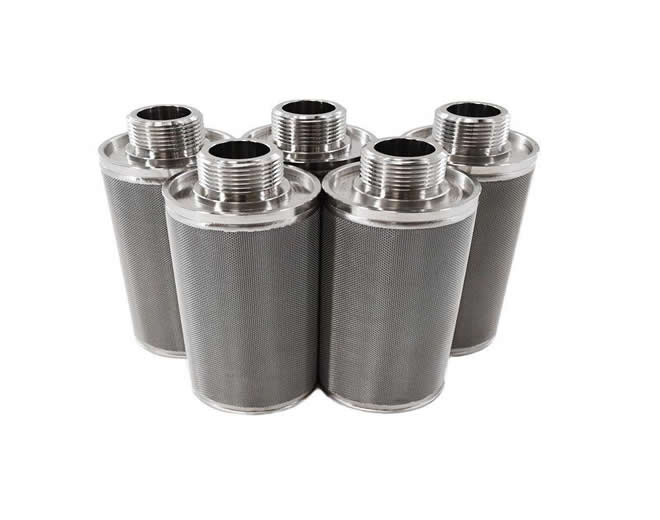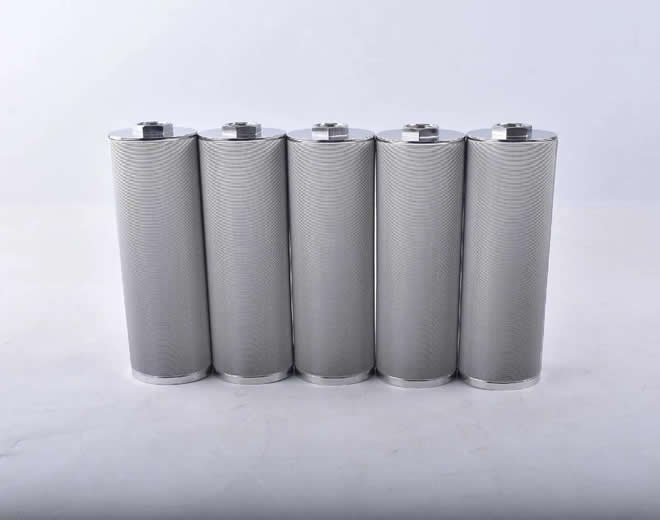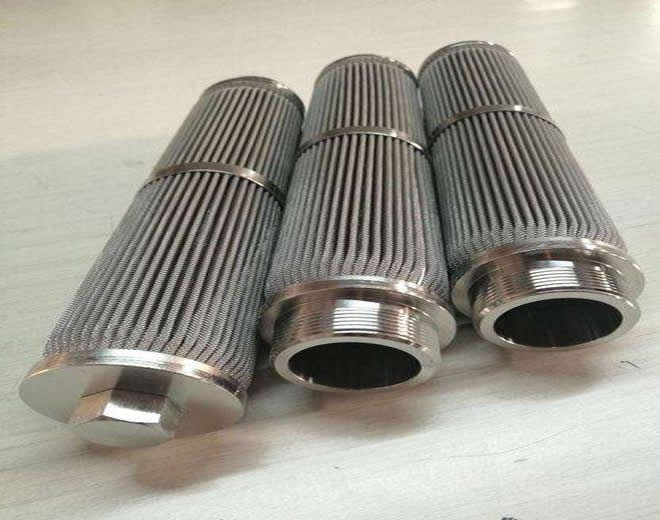Chemical filters are commonly utilized to eliminate or reduce the concentration of specific chemicals or contaminants in a given medium. In air filtration, for instance, chemical filters are employed to capture and neutralize harmful gases, vapors, or odorous substances. These filters often contain specialized materials, such as activated carbon or other absorbents, which can chemically react with or adsorb certain molecules, effectively removing them from the air.
In water treatment processes, chemical filters play a vital role in purifying water by removing various impurities, including heavy metals, organic compounds, and other pollutants. These filters may utilize chemical reactions, adsorption, or other mechanisms to trap and neutralize contaminants, ensuring that the treated water meets regulatory standards and is safe for consumption or industrial use.
In laboratories and industrial settings, chemical filters are integrated into ventilation and exhaust systems to control and capture harmful fumes and airborne particles. This helps safeguard the health and safety of workers by preventing exposure to hazardous substances.
Activated carbon filters are a common type of chemical filter widely used for their ability to adsorb a broad spectrum of chemicals. Activated carbon has a high surface area and can trap molecules through adsorption, making it effective in removing various pollutants, odors, and volatile organic compounds (VOCs) from air and water.
In the realm of healthcare, chemical filters can be found in respiratory protection devices, such as gas masks or respirators. These filters are designed to protect individuals from inhaling harmful chemicals, particulate matter, or infectious agents. The filters in these devices are engineered to neutralize or trap specific chemical agents, ensuring the safety of those working in environments where such risks are present.
The selection of a chemical filter depends on the targeted chemicals, the nature of the application, and the required level of filtration. Additionally, advancements in nanotechnology and material science contribute to the development of innovative chemical filtration solutions with enhanced efficiency and specificity.
In conclusion, chemical filters play a pivotal role across diverse industries by addressing the challenges posed by unwanted chemicals and contaminants. Whether in air purification, water treatment, industrial processes, or healthcare, chemical filters contribute significantly to maintaining a clean, safe, and healthy environment.


